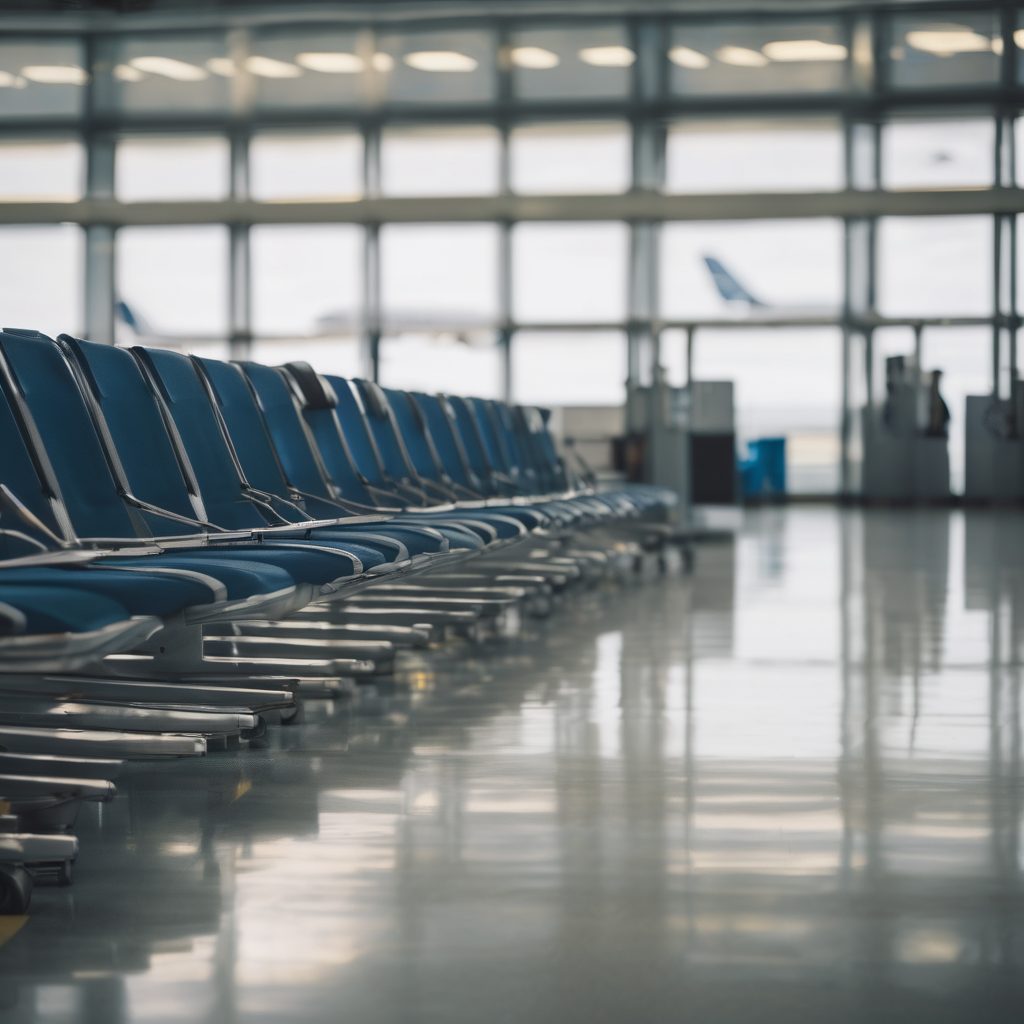The U.S. Transportation Department announced that over 11,000 employees at the Federal Aviation Administration (FAA), about a quarter of its workforce, are at risk of being furloughed if government funding runs out by midnight. This potential shutdown raises concerns for the American aviation industry, with airlines warning that such a scenario could strain operations and slow flights, as critical personnel like air traffic controllers and security officers would have to work without pay.
Despite the looming shutdown, essential services are expected to continue with more than 13,000 air traffic controllers continuing their duties, albeit unpaid, to ensure the safety of the skies. The FAA, which is currently short of 3,800 controllers, mentioned that hiring and training activities will proceed even if the funding halt occurs. In contrast, previous shutdowns saw a pause in such activities.
Around 50,000 Transportation Security Administration (TSA) employees responsible for airport security checks are also expected to work without pay. The last major shutdown in 2019, which lasted 35 days, saw increased absences among staff, resulting in longer checkpoint wait times at airports like those in New York, prompting quick resolution from lawmakers.
Airlines, represented by trade group Airlines for America—which includes major carriers such as United, Delta, American, and Southwest—have voiced that a funding lapse could reduce the system’s efficiency, impacting travelers. The U.S. Travel Association estimated that such a shutdown could cost the U.S. travel sector about $1 billion weekly.
The FAA, which employs approximately 45,000 workers, noted that certification activities to ensure the operational safety of commercial airplanes and engines would continue, as would oversight of commercial space launches.
This challenging scenario for the aviation sector underscores the significant impact of political stalemates on critical infrastructure and service sectors. With the potential financial ramifications and operational hurdles, it highlights the need for swift governmental resolution to prevent disruption to the economy and inconvenience to the public. In the face of adversity, the dedication of unpaid workers maintaining crucial services serves as a testament to their commitment and professionalism.
